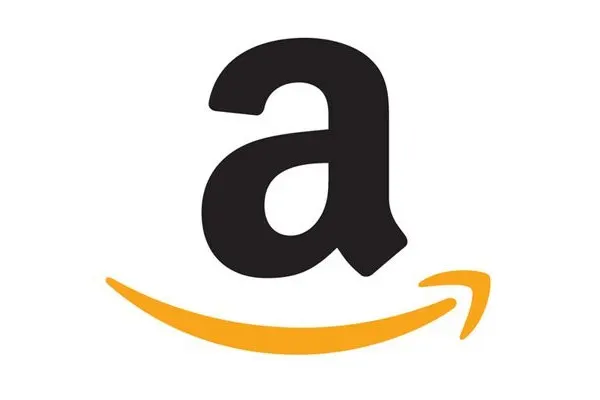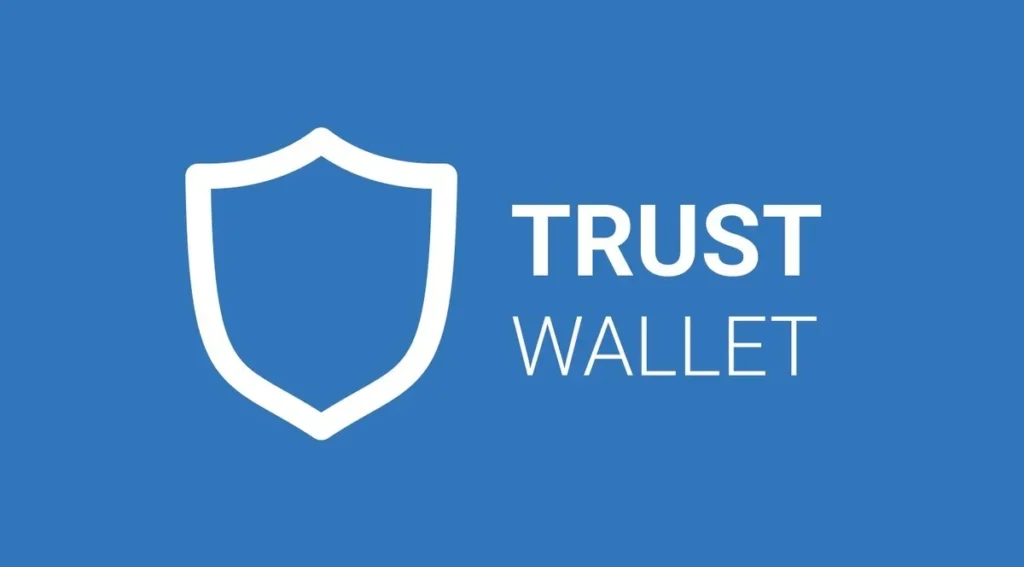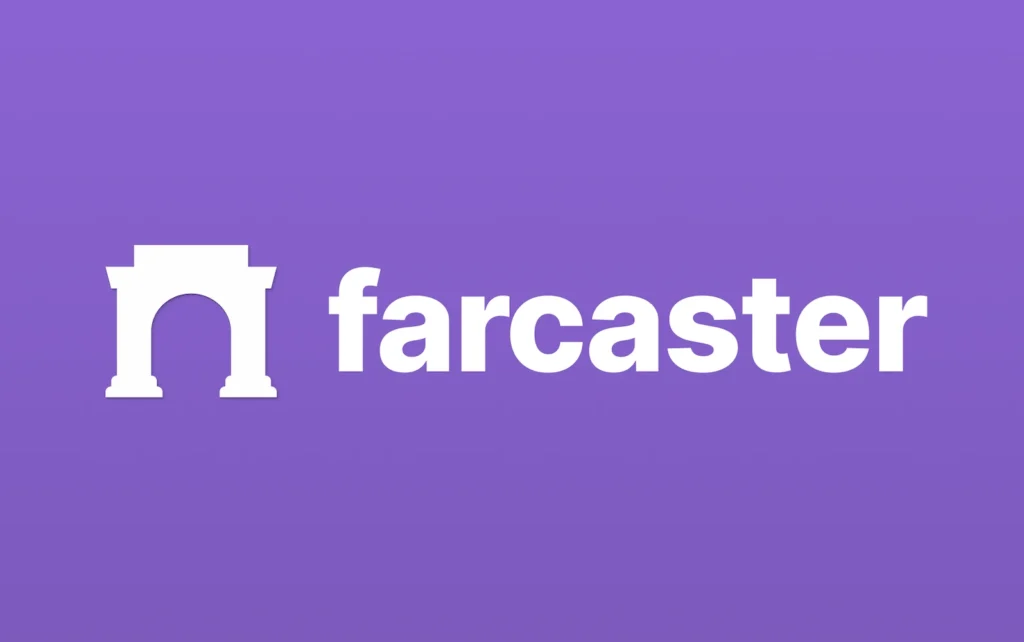Web3 Internet Freedom Isn’t a Fantasy — It’s a Rebellion in Progress
October 22, 2024

Web3 Internet Freedom Isn’t a Fantasy — It’s a Rebellion in Progress
Let’s be honest: Web3 internet freedom sounds like one of those buzzwords born on crypto Twitter, right? A utopian promise tossed around by people trying to pump coins or pitch startups.
But here’s the thing — even if the buzz is loud, the core idea is anything but fluff. Web3’s vision of reclaiming the internet from centralized giants? It’s ambitious. It’s messy. And it just might be necessary.


Web2 Is a Convenience Trap — and We Fell for It
If you’re still clinging to the idea that today’s internet is “free,” let’s get real. It’s not. We’ve traded control for convenience — our data, our digital lives, our identities — all parceled out to the Googles, Metas, and Amazons of the world.


You log in with your Google account. You post on someone else’s platform. You follow rules you didn’t help write. Worst of all? You don’t own a thing. Not your audience. Not your content. Not even your account, if they decide to ban it.
That’s the Web2 model. It works — for them.
Web3 Internet Freedom: A Big Middle Finger to the Status Quo
Web3 flips the script.
This isn’t about shiny new apps. It’s about power — who has it, and who should. Web3 says: you should. Through wallets, decentralized protocols, and token-based systems, users get to own their data, their digital identity, and sometimes even the platform itself.
Login with a wallet? That’s yours. Publish a post on a decentralized protocol? Still yours. Jump between platforms and take your identity with you? That’s the dream — and parts of it are already happening.
It’s not perfect. But it’s a vision worth rooting for.

Decentralized Social? It’s Not a Joke Anymore
You’ve probably never heard of Lens Protocol or Farcaster unless you’re deep in the weeds — but that doesn’t mean they’re irrelevant. These Web3-native platforms are testing something radical: what if you owned your followers? What if no one could shadowban you behind the scenes?


Farcaster lets you choose your interface. Lens lets you take your social graph anywhere. You’re not locked in. And that’s a huge deal.
Yeah, Mastodon and Bluesky are trying similar things (even without blockchain), but the point stands: people are hungry for alternatives. And Web3 is supplying some — slowly, but surely.
The UX Is Terrible. But That Doesn’t Mean It’s Dead.
Let’s not pretend Web3 is all roses. Wallets can be confusing. Gas fees are annoying. Scammy projects and rug pulls don’t help the reputation either.

And frankly, trying to onboard a normal person? Good luck. It’s a far cry from “download the app and sign in.” That’s a major hurdle.
But every new paradigm has growing pains. Remember how clunky the internet was in 1996? AOL CDs, dial-up screeches, websites that barely worked. Nobody said, “This is doomed.” We kept building.
So, yes, it’s early — but that’s not a reason to give up.
Why the Haters Still Miss the Point
Critics love to say Web3 is a scam, a solution in search of a problem, a tech bro fantasy. And look — there are scams. There is hype.

But dismissing the entire movement? That’s like writing off email because of spam.
Web3 is flawed, but at least it’s trying to solve the right problems. Platform monopolies. Data exploitation. The erosion of digital rights.
Whether or not you buy the tech, the motivation behind it is hard to ignore: we want a freer, fairer internet. And no one else seems to be offering that.
So, Is Web3 Internet Freedom Just a Dream?
Maybe. Or maybe it’s a revolution in the making.
Nobody’s saying Web3 will magically fix everything. But it’s challenging the very foundation of how the internet works — and that’s a start. It’s got momentum, energy, and a growing crowd of people building, experimenting, and iterating.
That’s how real change happens. Not overnight. Not cleanly. But with persistence, messiness, and a refusal to settle.
Final Thoughts: It’s Not About Perfection — It’s About Direction
Web3 internet freedom isn’t perfect. But it’s the first serious pushback we’ve seen in decades against Big Tech’s monopoly on the web.
It’s not about chasing crypto profits or throwing around buzzwords. It’s about building an internet that actually respects users — their data, their choices, their voices.
And honestly? That’s a future worth fighting for.
Relevant Link : Here

